Description
The post-2014 situation in Afghanistan following the drawdown of the US/NATO/ International Security Assistance Force, has been the subject of a most perplexing debate in recent times with the major obscurity lying in predicting the actual intentions of various actors involved in the Afghan imbroglio. Fixated on Afghanistan`s looming challenges, often a bleak picture of the embattled country`s future has been drawn in the international media and academia which anticipated that the volatility of Afghanistan would lead to regional instability and colossal security challenges, especially in the period beyond 2014. However, the narrative of despair was supplemented by a narrative of opportunity where proposals envisioning Afghanistan`s role as a fulcrum for trade and cooperation were being drawn up on the basis of an argument that hegemonic prescriptions do not sustain themselves. Nation-building, it was said, could proceed on the basis of economic development, social harmony, rule of law and participatory democracy in consonance with the “wishes of the Afghan people”; and that a regional order which is yet to emerge is a pressing need in order to avoid intensified regional rivalry.
Contemporary Afghanistan still remains a complex milieu characterised by powerful and competing agendas. Variables like the Taliban insurgency, the capabilities of the Afghan National Security Forces, presence of international troops, policies of the United States, the internal power struggle and the regional dynamics are fast evolving. India, an active player in Afghanistan, remains legitimately concerned about the kind of role it is to play under such circumstances. The post-2014 situation and the possibility of an international withdrawal necessitates sharing concerns, evaluating the contingencies and preparing ahead. The aim of this volume is to provide an appraisal of the post 2014 narrative of hope and despair. It deals with themes such as: internal political dynamics and power-struggle in Afghanistan, criticalities of security transition in Afghanistan, reconciliation between the other ethnic groups and the Taliban, possibilities of an “Afghan-owned” and “Afghan-led” process, regional security and the role of the regional countries, global response to the Afghan issue, India`s and Pakistan`s security dilemma vis-a-vis Afghanistan and India`s workable response.


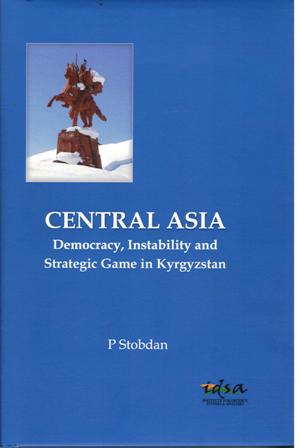
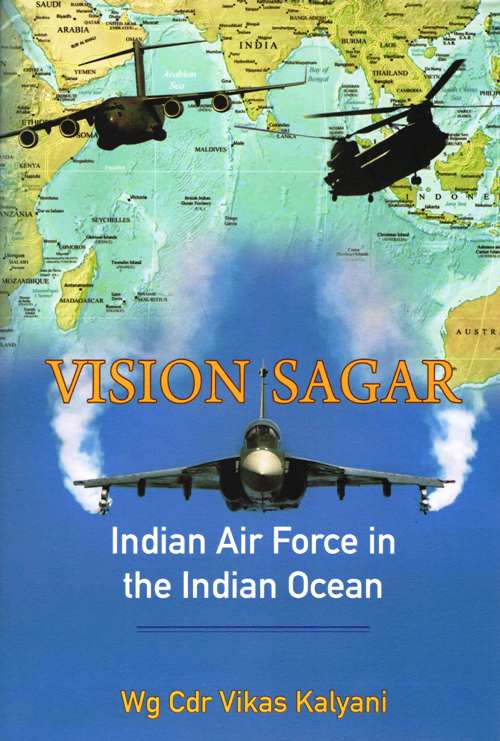
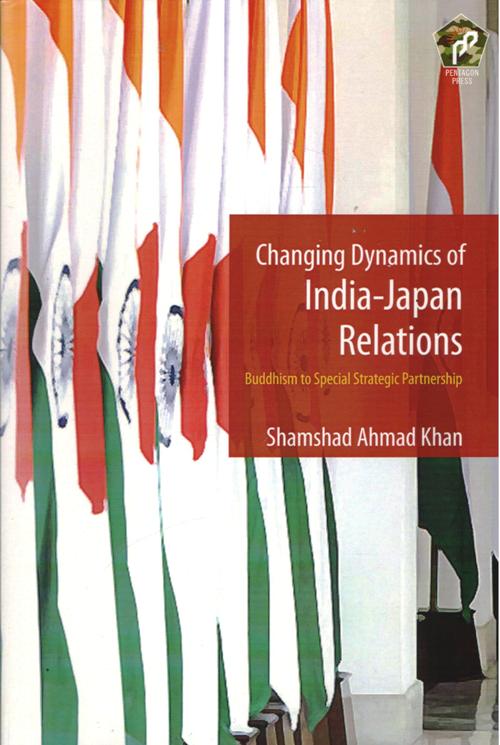

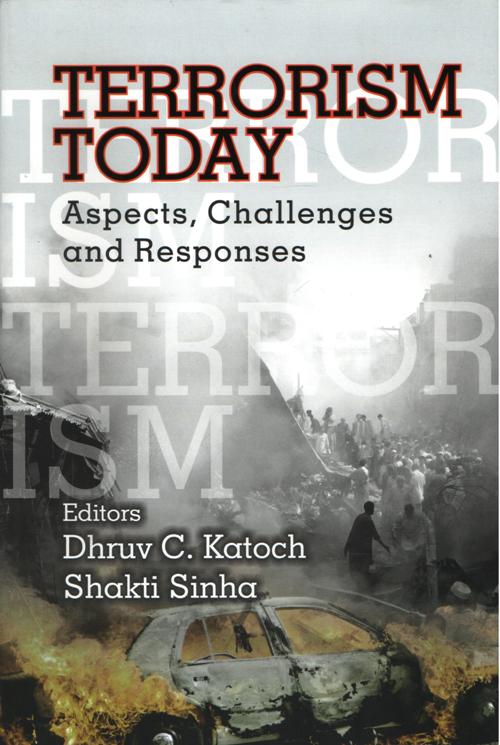
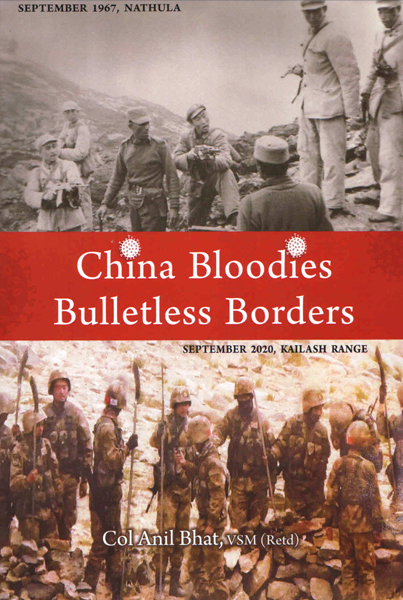
Reviews
There are no reviews yet.